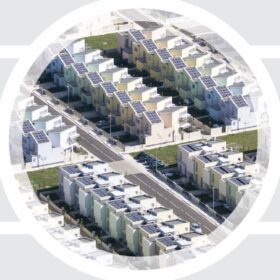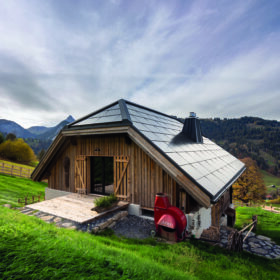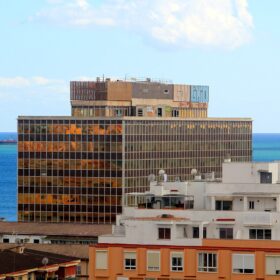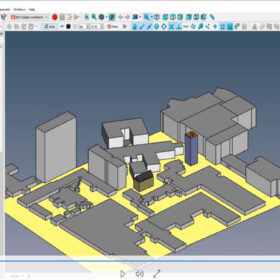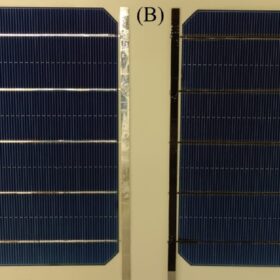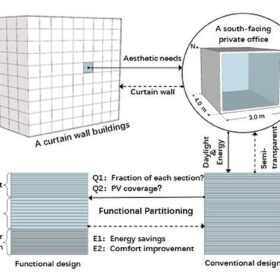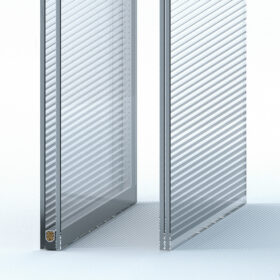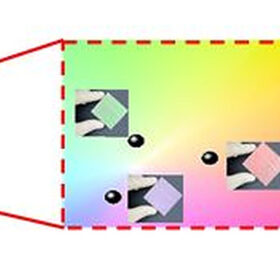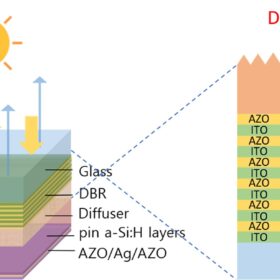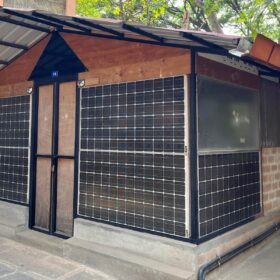Strategies to develop ‘solar neighborhoods’
A group of scientists across the world have created a list of recommendations that can help create solar neighborhoods. In a recently published study they highlight the importance of legislative frameworks and advanced computing.
Swiss 3S introduces new half-cell BIPV modules
Swiss 3S, the Switzerland-based manufacturer, is offering the new half-cell BIPV module in four sizes, ranging from 24 half-cells to 48 half-cells. The rated output is up to 225 W.
The impact of BIPV in high rise buildings
Scientists from Spain have outlined several scenarios for developing building-integrated PV solutions in a case study building in Palma de Mallorca. Their economic analysis stressed the importance of electricity pricing schemes for the viability of BIPV projects in the Mediterranean area.
New software tool unlocks BIPV design
RMIT University in Australia has developed new software that integrates product, regulation, technical, economic, and construction data. It helps architects and engineers to estimate the cost of building-integrated photovoltaics (BIPV) during the conceptual design phase.
Coating metallic ribbons for aesthetic implementation of BIPV
Researchers in Switzerland have looked into three kinds of black ink coating for metallic ribbons used in PV modules. They have compared their visual stability and their effect on electrical performance.
New design for vacuum integrated photovoltaic curtain walls
Scientists in China have outlined a new system architecture for vacuum integrated photovoltaic (VPV) curtain walls. They claim the new design can reduce building energy consumption and yield more surplus power generation electricity.
Panasonic testing BIPV glass based on perovskites
Panasonic is now testing perovskite-based power-generating glass with Japanese property developer Mitsui Fudosan Residential at a new building in Kanagawa prefecture, Japan.
New techique to color flexible thin-film BIPV, VIPV panels
Researchers in South Korea have developed a process to enable colored and flexible, thin film modules suitable for vehicle and building-integrated PV applications. It is reportedly a low-cost process that does not significantly impact power conversion efficiency.
BIPV solar cell based on distributed Bragg reflector electrode
South Korean scientists have developed a new building-integrated photovoltaic (BIPV) solar cell featuring a distributed Bragg reflector (DBR) electrode. This innovation is expected to enhance light scattering and meet aesthetic standards.
Using end-of-life photovoltaic panels as building material
Scientists in India have proposed to use solar modules at the end of their lifecycle as a building material for low-cost small housing units. With solar module recycling currently not viable economically, the researchers said their approach makes conventional solar panels into BIPV products without any modifications.
